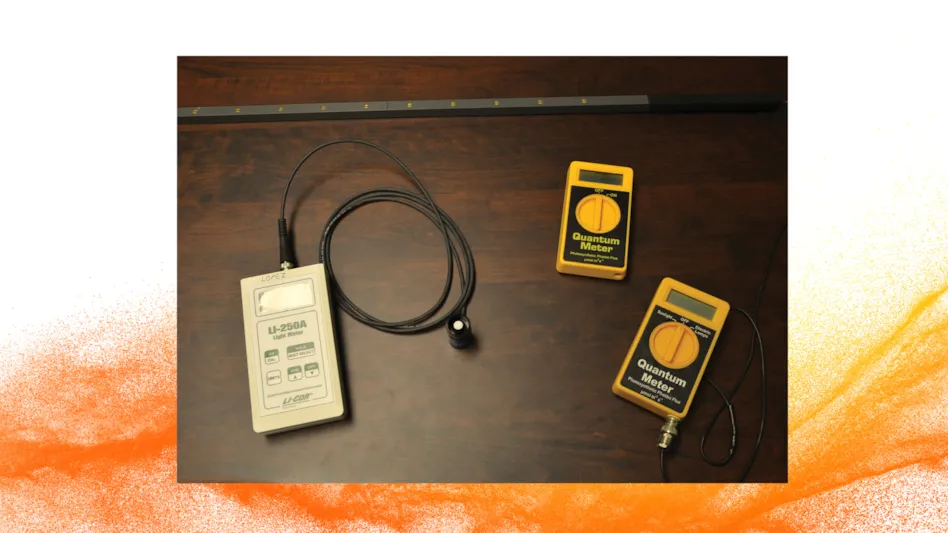
Adaptability is key to survival in any business..jpg)
For Preferred Produce in Deming, New Mexico, that has meant making the jump from one niche edibles market to another. Matt Stong, owner of Preferred Produce, says his company has recently converted from being primarily devoted to organic produce to primarily growing kosher produce.
After watching organic produce prices drop consistently over the past couple years, as a result of oversaturation of the market, Preferred Produce decided try something new.
“We started out with organic but there are a lot of greenhouses that are now moving into organic growing,” Stong says. “We’re making the jump to kosher because we’re trying to stay in a niche market that isn’t being serviced by larger companies.”
The company’s size is the main driver for the decision.
“We’re very small and we’re not able to compete with larger greenhouses down in Mexico or in other parts of the country because we don’t have the scale. So we’re trying to focus on specialty customers and specialty crops that aren’t being serviced by larger companies,” Stong says.
That dedication to specialty crops has helped the business to thrive.
Preferred Produce has about two acres of greenhouse production nestled in the rural region of New Mexico. When they first opened, as an operation dedicated to organic production, they needed a greenhouse facility with more dedicated filtration than standard models. Beyond that, Stong says, their structural needs weren’t much different.
“When you’re using organic fertilizers they’re not always primed for drip irrigation systems, so you have to have filtration ready to deal with the larger particulate matter. Organic fertilizers have larger particulate matter than chemical fertilizers or traditional fertilizers,” Stong says.
However, having their operation primed for organic production made the conversion to kosher fairly easy. The only major component added to Preferred Produce’s facility was a series of temperature controls and monitors.
One of the other challenges facing Stong’s company was the harsh winds that rattled through the area. Armed with a PhD in Agriculture Engineering from the University of Arizona, Stong knew he needed a greenhouse structure (or two) that could withstand the inclement weather.
“We were looking at greenhouses that were reasonably strong and able to withstand the winds without any issue. We looked at Nexus for our first house. We chose them for the strength of their building. They put a lot of effort into adding extra support for roofs and wall-supports, and support for hanging plants from the roof. They made the structure more acceptable for the area we’re in,” he says.
Photo courtesy of Preferred Produce
Latest from Greenhouse Management
- Proven Winners introduces more than 100 new varieties for 2025
- UF/IFAS researchers work to make beer hops a Florida crop
- CIOPORA appoints Micaela Filippo as vice secretary-general
- Passion grows progress
- Registration opens for Darwin Perennials Day
- U.S. Department of Labor finalizes farmworker protection rule
- Azo Root is now available from Harrell’s
- Bidens ferulifolia Blazing Glory





